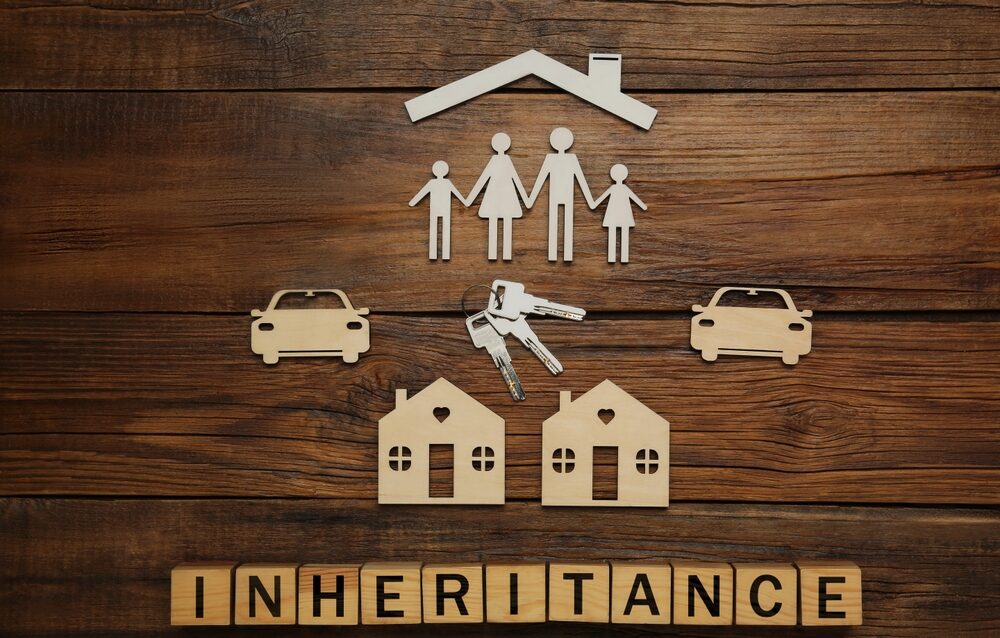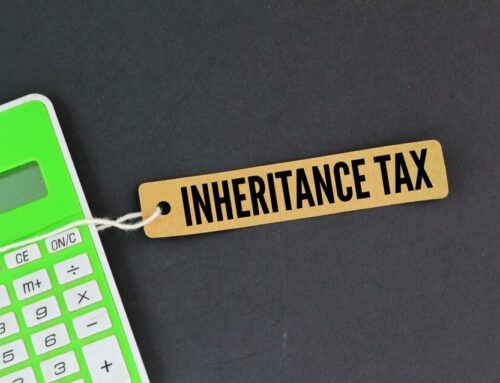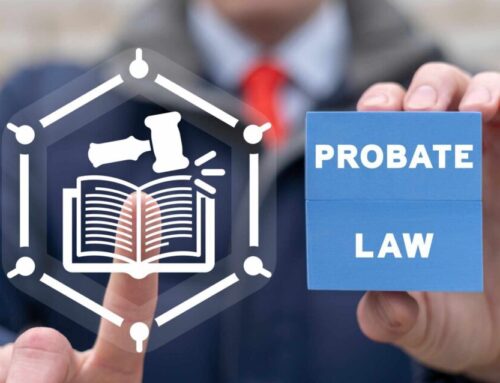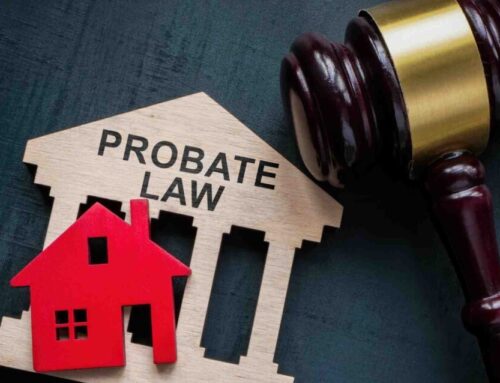The law of probate is complicated, and it can be particularly stressful to navigate during a time of grief, especially if you’re not prepared for things like Inheritance Tax (IHT).
Inheritance Tax is a type of tax that needs to be paid when an estate is over something called the Nil-Rate Band. At the time of publishing, the Nil-Rate Band is £325,000, which means anything above that amount will be taxed. On top of that, there’s a Residential Nil-Rate Band which is £175,000, which is the tax-free amount when passing down residential property.
As it stands, the amount of tax to pay once an estate has surpassed the Nil-Rate Bands is 40%.
It sounds intimidating, but it’s worth noting that in 2024 statistics stated that only 4% of estates are liable to pay Inheritance Tax. However, with the changes in economy and government, this number is likely to increase.
For those of you who are interested about the ins and outs of IHT, visit our Guide to Inheritance Tax. However, if you’re looking for an overview of the recent and upcoming changes, you’re in the right place.
Changes to Inheritance Tax – April 2025
At the beginning of April 2025, two key changes happened surrounding IHT. One was a way to streamline the current services and another surrounded overseas assets for non-UK domiciled individuals, which are people whose permanent home isn’t in the UK.
● Planned Digitalisation of IHT Services
In a bid to streamline the IHT process and improve the efficiency for HM Revenue & Customs, in April 2025 an advanced electronic signature was introduced. All tax advisors are expected to adopt this process in the hopes it will reduce errors and possibly even speed up the process.
● Non-UK Domiciled Individuals
Non-UK domiciled individuals are UK residents whose permanent home is situated outside of the UK for tax purposes.
It can also be a way that people reduce how much IHT their descendants pay. For example, if someone has non-domiciled status, and they die leaving assets, the estate would only be liable to pay inheritance Tax on the UK-situated assets, unless they’ve been a UK resident for 15 out of the 20 tax years.
As of April 2025, this has been amended so if someone has been a UK resident for 10 out of the 20 tax years since the assets have been transferred, they will need to pay IHT.
These rules have also changed for people leaving the UK. They will now be liable to pay IHT for 10 years following leaving the UK (as long as they’ve been residents for at least 10 years). This is to prevent people from suddenly leaving the UK to avoid paying IHT.
In addition to these changes, the current nil-rate bands will be frozen until 2030.
Changes to Inheritance Tax – April 2026
In April 2026, more changes are set to take place in terms of Inheritance Tax, but these changes are largely surrounding business assets. People with family businesses will need to prepare for these changes, as they could have a drastic impact.
● Agricultural Property Relief (APR)
Currently, Agricultural Property Relief (APR) is 100%. This means that families can pass farms onto direct descendants without being liable to pay any IHT. However, from April 2026, APR will be capped at £1 million. This will be on top of the current Nil-Rate Band, and the Residential Nil-Rate Band, making the amount someone can inherit higher than people might initially think. Once the tax-free allowance has been met, estates will be liable to pay 20% IHT on the amount above that.
This could lead to larger family farms having to sell off assets in order to pay their IHT bill. It’s important that farmers are not only aware of the changes, but that they are preparing for this outcome should it apply to them.
● Business Property Relief (BPR)
Currently, Business Property Relief offers 100% relief on qualifying business assets. However, from April 2026, the tax-free allowance will be limited to the first £1 million of business assets, and anything above that will be taxed at 20%. Again, it’s important business owners prepare for this change if their intention is to pass it on to their direct descendants.
Changes to Inheritance Tax – April 2027
Following the changes in 2026, in April 2027 further updates to Inheritance Tax will take place. Again, these changes are worth preparing for, as it might make a difference to what people decide to do to their assets.
● Inherited and Unused Pensions
Currently, unused pensions are tax free. This makes it an easy way to pass down wealth, especially if someone dies before they retire, as their entire pension can be passed down without triggering IHT. However, from April 2027, unused pensions will be taxed at 40% if the inheritance falls over the available tax-free allowance. It will be the responsibility of pension schemes, such as The People’s Pension, to both report and pay IHT.
● Death Benefits in Estates
Currently, if an insurance policy or similar scheme has death benefits included, it’s exempt from IHT. However, from April 2027, this will also be taxed at a rate of 40% if the estate falls above the Nil-Rate Bands.
How we Can Help
At PM Law, we understand that changes like these can cause a lot of stress and anxiety, but as always, planning ahead can offer some relief to those who will be affected. Our Wills, Trusts and Probate team are happy to chat through the changes, and help in any way we can. Get in touch today.





